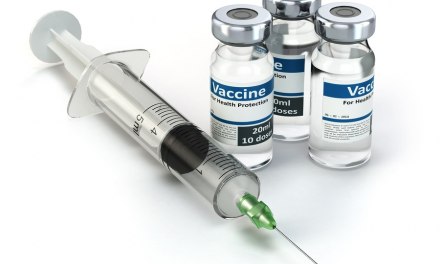Believe it or not, looks like the strange case of the death of Tyler Skaggs, a 27 year-old pitcher for the Los Angeles Angels baseball team, may at last be inching towards a conclusion.
The young man died of an overdose in July, of 2019. As the sports media like to put it, the death “shook Major League Baseball to its foundations.”
The final phase is occurring in court, related to a civil suit filed by Skagg’s family against the Angels organization.
Tyler Skaggs’ family and the Angels face off in a wrongful death civil trial worth millions
Their claim: The team was negligent when it failed to take action to address the activities of Eric Kay, who worked in communications for the Angels. Those activities included providing drugs for select players– mainly opioid painkillers, the dangerous kind — which Skaggs allegedly used the night he died of an overdose.
It’s assumed that the family, as plaintiffs, are asking for compensation for their loss, in the form of a great deal of money. Exact figures have not been revealed. Still, it’s assumed to be at least one hundred million dollars, and possibly a whole lot more.
Not a billion, though, the family assured a reporter. What a relief, huh?
So far, media reports about the witness testimony have focused on whether or not the team knew, or should’ve known if they were acting responsibly, about their employee’s involvement with drugs, including providing them to players. The team executives insist they knew nothing. The family, however, has produced witnesses to testify that they did.
Or at least that they must’ve, unless they were in a coma.
One witness, for instance, is Eric Kay’s ex-wife, who told the jury that representatives of the team had actually approached her with concerns about her husband’s problem. That wouldn’t be possible if they weren’t aware of it.
Likewise, another player testified on the witness stand that he’d seen Kay in a state he described as clearly under the influence of something, probably drugs. Both reports support the idea that the club should have taken action to address their employee’s behavior— and for whatever reason, they did not.
Personally, I don’t find this hard to believe, having dealt with cases over the years where otherwise alert and knowledgeable people recognized a problem, worried about it, expressed their concern to one another, and then did nothing.
It’s a well known phenomenon in addiction treatment circles, and a major obstacle to change.
An attorney friend recommended setting aside the issue of drugs for the moment, and just looking at both sides from the standpoint of responsibility. Would it be reasonable to expect an employer to recognize when an employee was engaged in conduct such as Kay’s? Or was that outside their role and responsibilities as employer?
By the way, Kay was convicted of a crime. Does that make difference? It’s assumed that someone who is committing a crime will deliberately conceal that fact from an employer.
A final note: Ordinarily, in an action such as this one, both parties would be eager to settle. Saves them a lot of embarrassment, and Major League Baseball clubs d0 have plenty of money. So why that hasn’t happened in this case?
Of course it still might, before the trial ends. Meanwhile, stay tuned.













